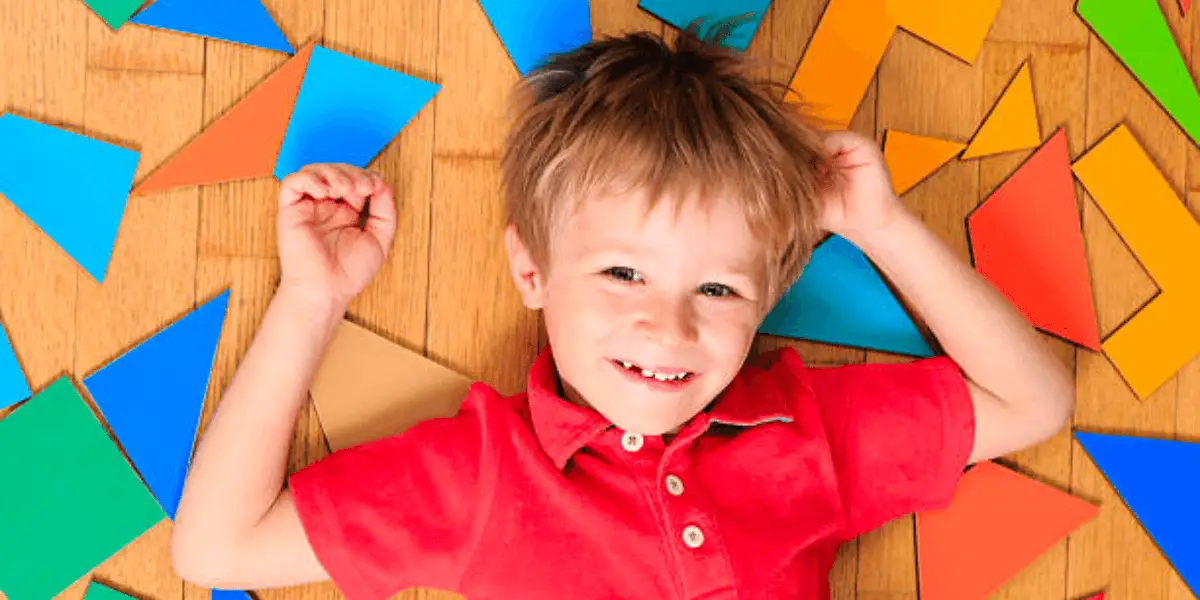
Do you want your preschooler to have a head start in math? If so, you’re in luck! There are many fun and engaging ways for them to learn math skills.
In this blog post, we will discuss some of the best math activities for preschoolers. These preschool math activities are enjoyable for kids and help teach important skills that will set them up for success in school.
Why Is Math Important for Preschoolers?
Math is an important subject for all kids to learn, but it is especially important for preschoolers. Preschool is the time when children are first introduced to formal education and begin to develop critical thinking skills. Preschool math helps kids develop problem-solving and critical thinking skills, which are essential for success in school and in life.
In addition, preschool math is a building block for other subjects. A strong foundation in math will help children excel in other areas of their education, such as reading and science.
Even though preschool math is important, it doesn’t have to be boring! There are many fun and engaging ways to teach preschoolers math. Let us learn more about them below.
What Are Some Fun Math Activities for Preschoolers?
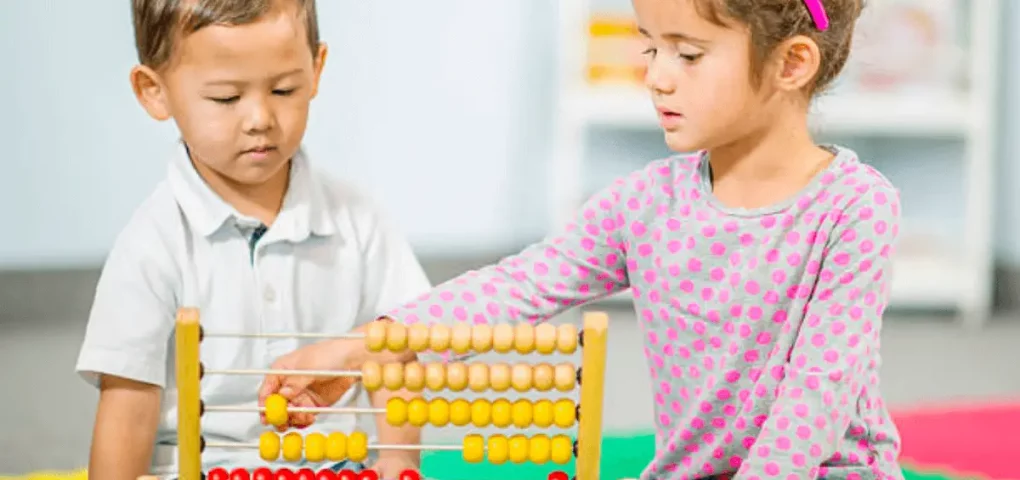
There are many fun preschool math activities that can help preschoolers learn math concepts. One great way to introduce math concepts is through games. Games are not only enjoyable for kids, but they also provide an opportunity to learn new skills.
It’s important that we incorporate fun into learning, especially when it comes to math. This way, we can guarantee that preschoolers will enjoy preschool math and become more interested in learning the concepts of preschool math!
Teachers need to incorporate one-to-one correspondence in preschool math activities as much as possible. This way, it will always be a fun learning experience as preschoolers are engaging with preschool math activities!
Here are some great math games for preschoolers:
Number bingo
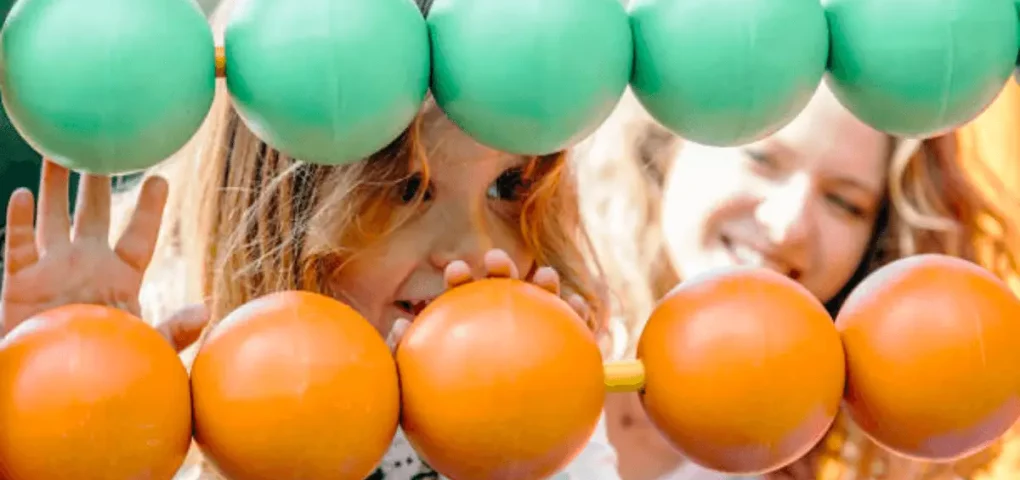
Number bingo is a great way for preschoolers to learn about numbers and counting. To play, you will need a bingo card with numbers on it. You can either make your own or purchase a number bingo card from a store.
Once you have your bingo card, call out numbers one by one and have the kids mark off the numbers on their cards. The first person to get five in a row wins!
This game is not only fun, but it also helps kids to learn about numbers and counting. One-to-one correspondence is also possible with this game.
Roll and count
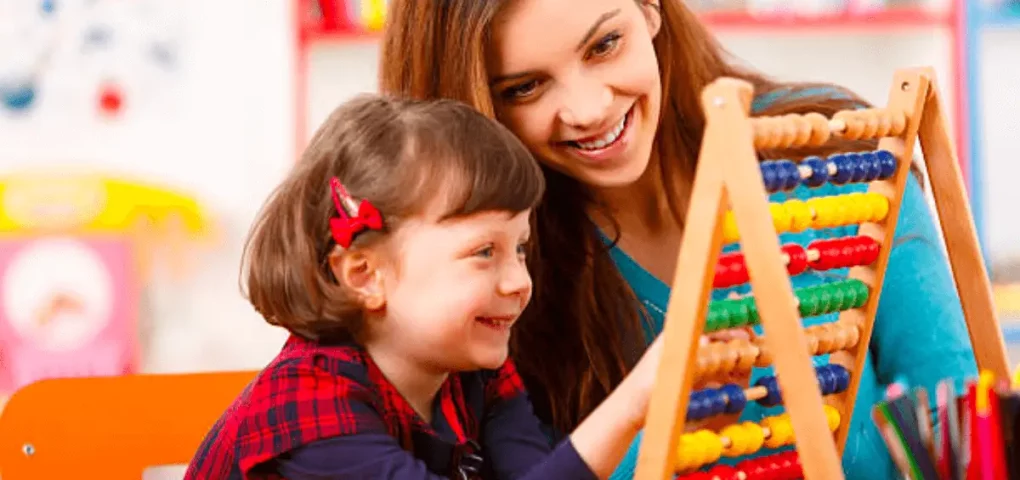
This is a great activity for kids who are just learning to count. All you need is a die and some counters. Players take turns rolling the die and counting the number of dots on the top face. Then, they place that many counters on their player mat. The first person to reach 20 points wins!
This activity helps preschoolers to learn about numbers and practice counting at the same time. It also helps them to develop fine motor skills as they pick up and place counters on their player mat. Practice counting is essential at this age since it lays the foundation for future math skills.
Comparing numbers
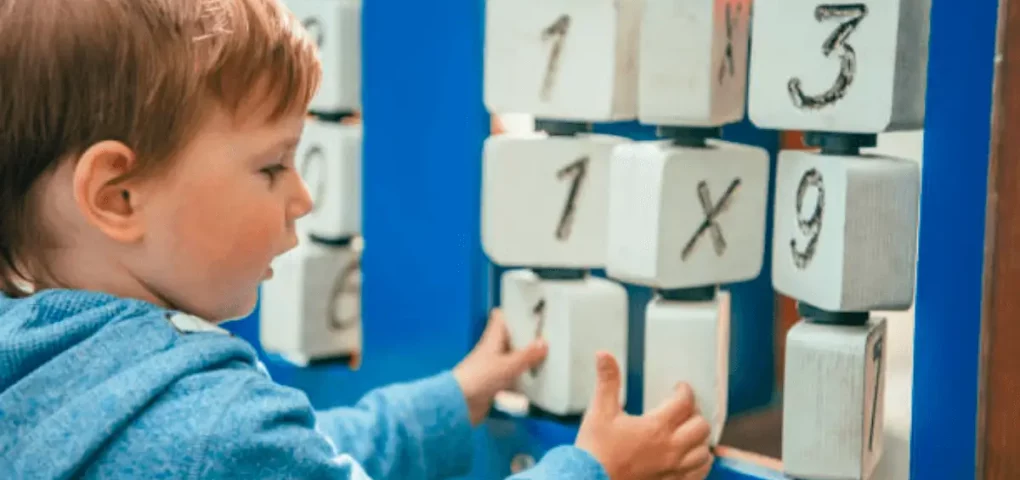
This is another great activity for preschoolers who are just learning to compare numbers. All you need is a die and some counters. Players take turns rolling the dice and comparing the number of dots on the top face with the number of dots on their player mat.
If the number on the die is higher, they place a counter on their player mat. If it’s lower, they remove a counter. The first person to reach 20 points wins!
This activity helps preschoolers to learn about numbers and practice comparing them at the same time. It also helps them develop fine motor skills as they pick up and place counters on their player mat. This is also one of the hands-on preschool math activities that preschoolers will surely enjoy!
I Spy
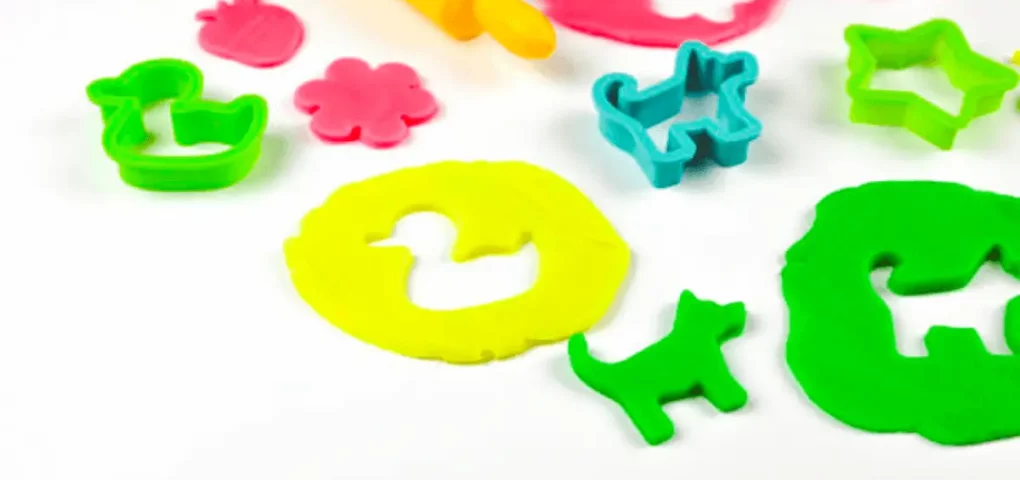
I spy is a classic game that can be played with anything! To play, one player looks around the room and chooses an object. They then give clues to the other players about what they have chosen, without saying the actual object.
For example, they might say, “I spy something red and round.” The other players then have to guess what the object is. Clues such as patterns will help enhance color identification and number recognition for toddlers.
This game is great for developing observational skills and vocabulary. It can also be made more challenging by using numbers, for example, “I spy something that is bigger than a breadbox.”
This activity can be easily adapted to any level and any age group. This is also a fun activity that hones preschoolers’ math skills effectively.
Simon Says
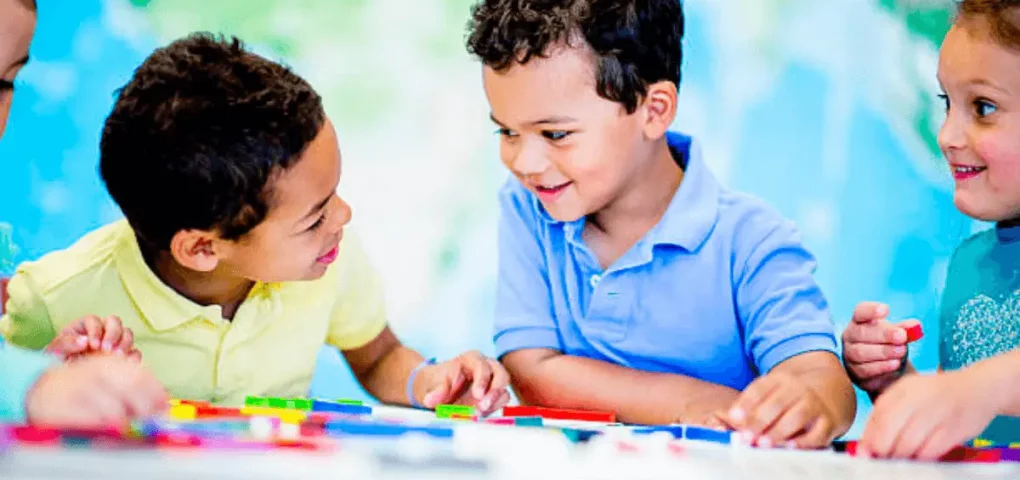
Simon Says is a classic game that can be played with any number of people. One player, Simon, gives commands to the other players, which they must follow. For example, Simon might say, “Simon says touch your nose,” or “Simon says stand on one leg.”
If Simon does not say “Simon says” before giving the command, then the players should not do it. This game is great for following directions and listening skills.
It can also be made more challenging by adding in math commands, such as “Simon says touch your nose and then count to ten” or “Simon says stand on one leg and then hop three times.”
Young preschoolers will surely enjoy learning activities like this because they are a fun way to get a hands-on experience of what it’s like to tackle math as kids.
Addition war
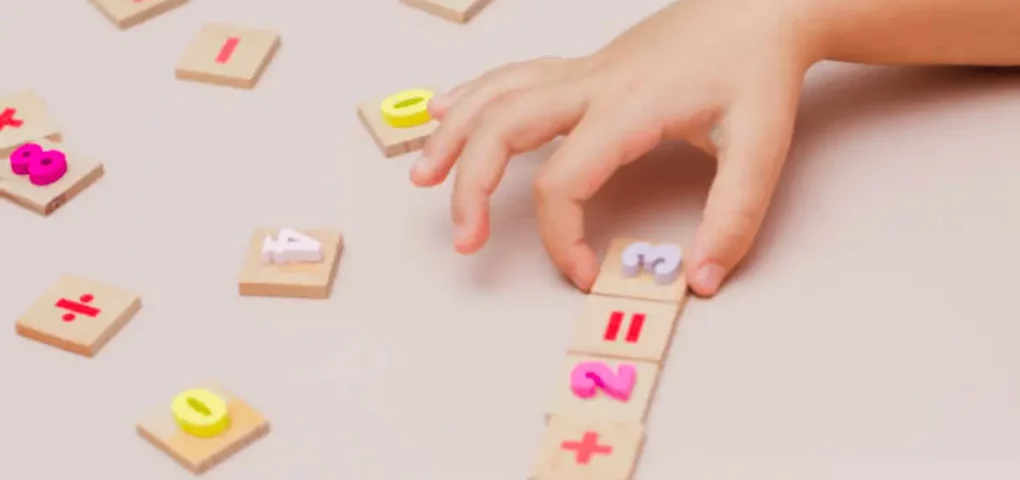
Addition war is a simple yet effective game that can help preschoolers learn addition. To play, all you need is a deck of cards.
Remove all the jokers and face cards from the deck, then shuffle the cards. Deal out all the cards so that each player has an equal number of cards face down in front of them.
The player with the most cards goes first and flips over two cards, adding the numbers together. For example, if they flip over a “five” and an “eight,” their total would be thirteen. They then place the 13 cards in front of them where everyone can see it.
The next player does the same thing – flipping over two cards and adding them together – then placing their sum card in front of them for everyone to see.
If two players happen to flip over the same number, they have a “war”! In a “war”, both players flip over the next card in their deck, and the player with the highest number takes all four cards (the two they flipped over originally plus the two from the war) and places them in front of them.
The game is over when one player has no cards left. The player with the most cards at the end is the winner! This is a great way to practice addition with your preschooler while also teaching them about strategic thinking and how to win (and lose) gracefully.
It will also get young preschoolers excited about shapes, how to count, match the color to shapes, identify patterns, and learn all at the same time!
For a preschooler or a toddler, they get excited with even the simplest play routines that incorporate learning and teaching. Students in preschool can hone their skills while playing. Therefore, preschool is an exciting stage for young kiddos to learn math in the classroom!
Counting games
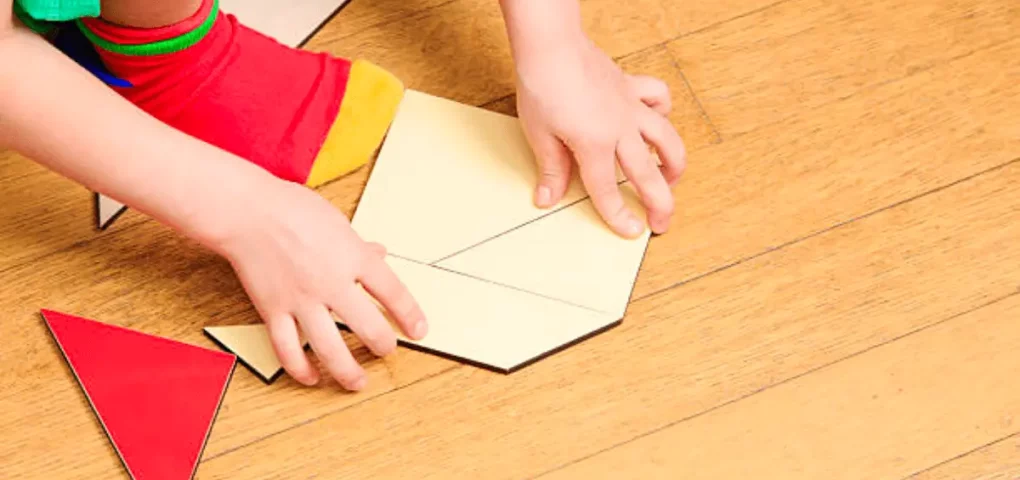
Counting games are easy games to play in the classroom. Classroom games that focus on teaching preschoolers to count are easy to find. All you need is a whiteboard and some markers!
Once you have a whiteboard and markers, you can start by drawing a bunch of different shapes. After that, ask your students to name the shapes and count them aloud. As they are counting, point to each shape as they say the number.
For example, if you have drawn five circles on the whiteboard, your student would say, “one circle, two circles, three circles, four circles, five circles.”
After they finish counting, ask them questions such as “How many total shapes are there?” or “Are there more or less than _____ (a certain number)?” This will help them understand the quantity and also learn to compare numbers.
Matching color to shape
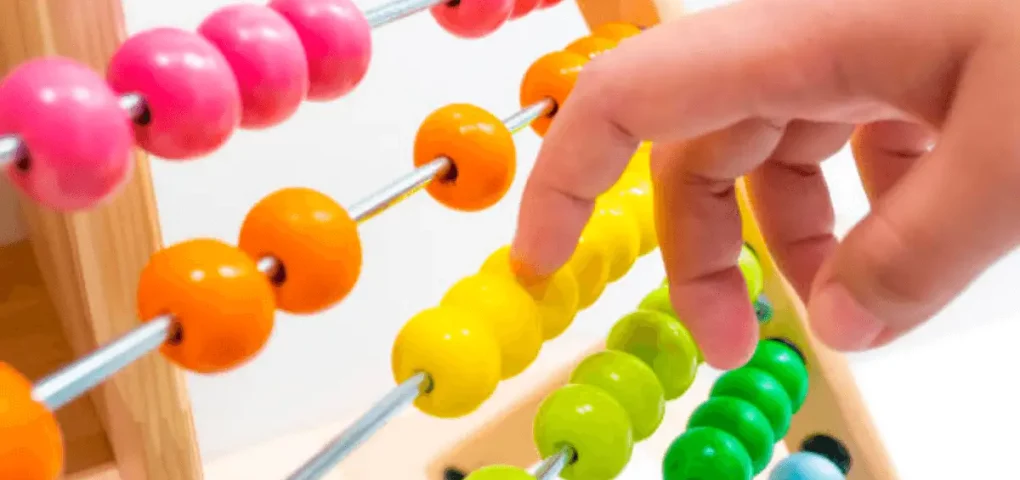
This is another easy activity that you can do with preschoolers to teach them math. To start, you will need a whiteboard and some colored markers. Draw different shapes on the board in various colors. For example, you could draw a green triangle, a blue square, and a yellow circle.
After that, ask your students to name the colors and shapes. Once they have done that, give them each a piece of paper with the same shapes but without any color.
Their task is to match the correct color to each shape. This activity will help them learn their colors and also begin to understand matching/sorting using printable math activities.
Don’t forget to mix up the order of the shapes on each student’s paper, so they don’t all match the colors in the same order as on the whiteboard.
Once they have finished, you can help them check their work and then talk about what they did. Ask them questions like, “What was easy about this activity?” or “What was difficult?” This is a great way to get your students engaged in learning math while also having some fun!
Memory games

Memory games are a great way to help your students learn and remember important information. There are a lot of different ways you can play memory games with math concepts.
You can make your own game cards by writing numbers, shapes, or math symbols on index cards or grab some free printable templates online. You can also use a deck of regular playing cards and remove the face cards. Then, shuffle the cards and lay them out in rows facing down.
The object of the game is to turn over two cards at a time, trying to find a match. If the two cards match, the player keeps those cards and takes another turn. If they don’t match, the player turns the cards back over, and it’s the next person’s turn. The game is over when all of the cards have been matched.
You can also use memory games to teach preschoolers about patterns. Again, you can make your own game cards or use a deck of playing cards. This time, instead of looking for matches, the player is looking for two cards that follow a certain pattern.
For example, the player might be looking for two cards in a row that are both red or two numbers in a row that are both even. The first player to find a match wins the round.
Each of these games is designed to teach different math concepts. By playing these games, preschoolers will develop a strong foundation in math that they can build upon as they continue their education.
Why It's Important For Preschool Math Activities to Be Engaging
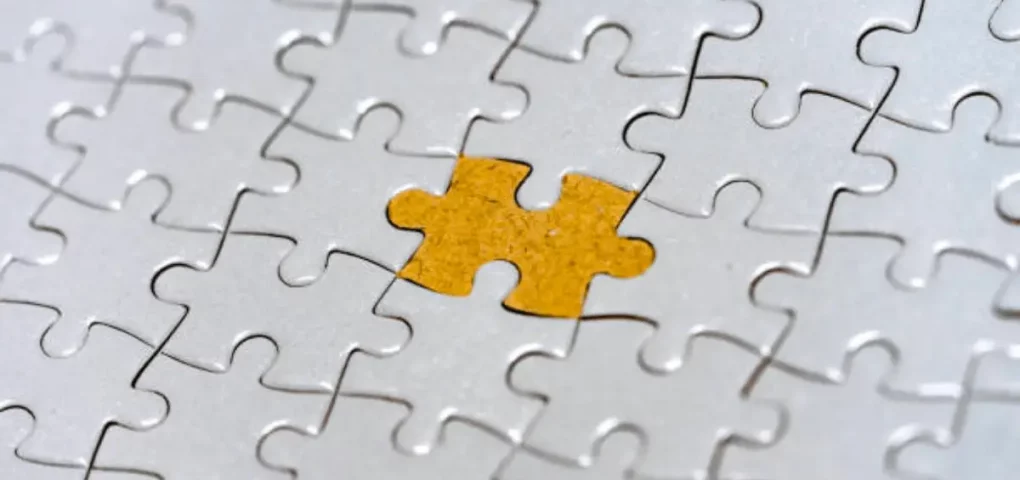
Preschoolers are at a crucial stage in their development. They are learning how to interact with the world around them and beginning to understand basic concepts.
Their math activities need to be engaging to retain what they are learning. If preschoolers are not involved, they will quickly become bored and will likely not remember what they were supposed to learn.
Games are a great way to keep preschoolers engaged while teaching them important math concepts. These games can be played at home or in the classroom, and they can be adapted to fit any skill level.
So next time you’re looking for a way to help your preschooler learn math, try one of these fun and engaging games! You may be surprised at how much they enjoy these math activities while learning at the same time.
Benefits Of Teaching Math To Preschoolers

While some people would say that it’s too early to start teaching math to preschoolers, the truth is that there are many benefits to doing so.
Some of the benefits of teaching math to preschoolers include:
It helps them develop critical thinking and problem-solving skills.
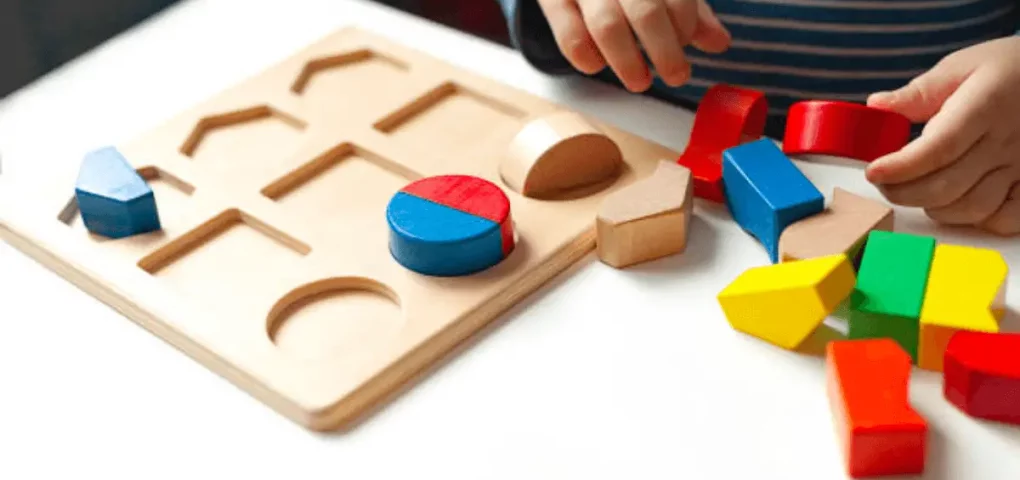
This is an important skill for all areas of life, not just math. Logic is a way of thinking that helps you see the relationships between things.
It teaches them how to think in a more logical way.
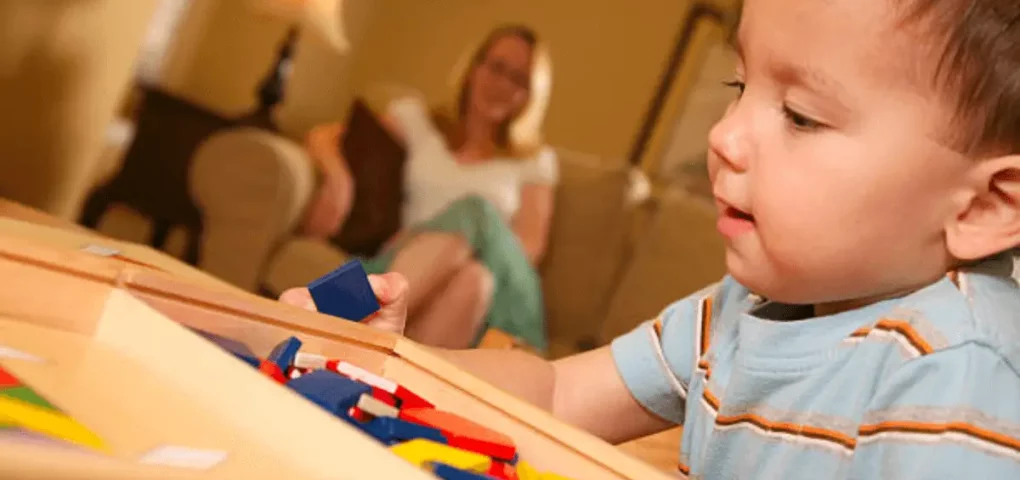
This is an important skill for all areas of life, not just math. Logic is a way of thinking that helps you see the relationships between things.
It helps them develop spatial awareness.

This is the ability to see and understand the world around them in terms of space. It’s important for everything from being able to park a car to understanding maps and diagrams.
It can help them learn other subjects more easily.

Studies have shown that children who are good at math tend to do better in other subjects as well, such as reading and science. Therefore, it’s important to encourage a love of math in young children.
It helps them develop their creativity.
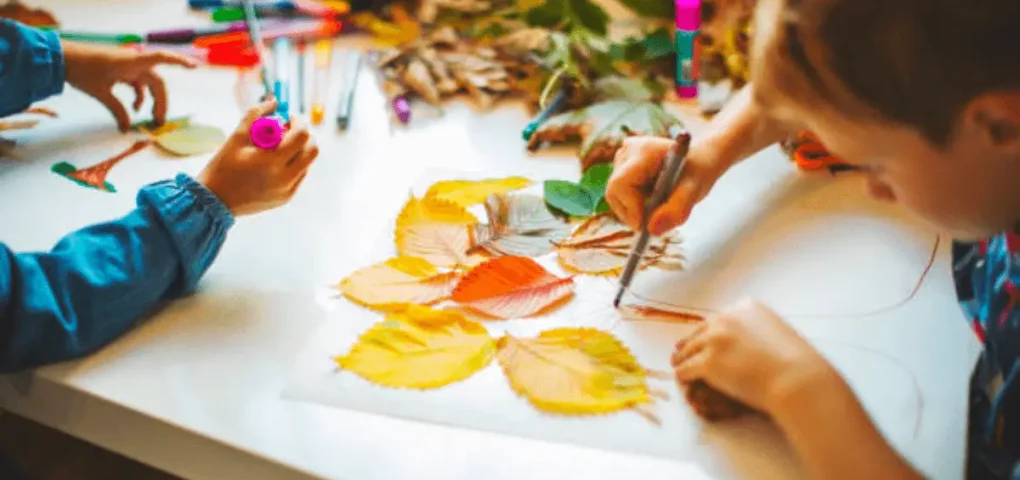
Preschool math activities should be creative and fun in order to engage young children. They should also be designed to help children develop important critical thinking skills.
It can help them in their future career.

A love of math can lead to a successful career in a variety of fields, such as engineering, architecture, or even finance. Therefore, it’s never too early to start developing a child’s math skills. Teach math to your kids as early as possible. Use fun preschool math activities for preschoolers to help them become more interested in math.
Conclusion
These days, it has become more important than ever for children to develop strong math skills. By incorporating fun and engaging math activities into your preschool curriculum, you can help your students fall in love with math. Not only will they be better prepared for their future careers, but they’ll also have a lot of fun along the way!
The best math activities for preschoolers are those that are creative and engaging. Games, puzzles, and other hands-on math activities are great ways to get kids interested in math.
Look for opportunities to incorporate math into everyday activities as well, such as cooking or building with blocks. And don’t forget to make it fun! The more fun kids have with math, the more they’ll want to learn.





Leave a Reply